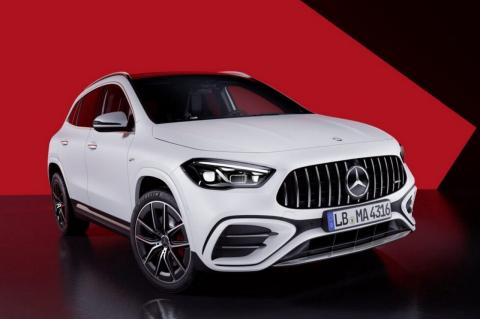The solution to continue selling gasoline and diesel cars in 2035 goes through neutral CO2 fuels, something that many manufacturers seem to be betting on.
The electric car and the hydrogen fuel cell seem to be the only two escape routes for the automotive industry of the future. Europe has already reported that, as of 2035, it will veto the sale of cars with a combustion engine in its territory. However, there is still a solution to continue selling gasoline and diesel cars in 2035: CO2 neutral fuels.
These types of fuels emit greenhouse gases, but their neutrality is obtained in the process to produce them. Chemical and physical processes that require air, water and renewable energy are used for its production. They are synthetic and if, to produce them, more CO2 is captured from the atmosphere than will be emitted in their combustion, a zero carbon footprint is achieved.
The solution to continue selling gasoline and diesel cars in 2035
The objective of the European Union is to reduce emissions from new vehicles by 100% in 2035, compared to 2021. Therefore, using neutral CO2 fuels would be a valid option to continue marketing cars with internal combustion engines from from 2035.
Some experts point out that these synthetic fuels will not be ready before the ban on cars with internal combustion engines is implemented in 2035. This would mean the definitive disappearance of this technology, positioning the electric motor as the only viable option for the future. of the automotive sector.
But there are also some manufacturers that are investing heavily in the development of CO2-neutral fuels, such as Porsche and Audi. Both have worked in recent years to consolidate this technology and firmly believe that it will be viable before 2035. In fact, Porsche is preparing to produce and market these fuels.
Meanwhile, the bulk of the automobile industry is focusing all its efforts on the development of electric cars, specifically on batteries and, in some cases, on hydrogen fuel cells.
We will see what happens in the coming years with these projects surrounding synthetic fuels to find out if, finally, they are the solution that will save the internal combustion engine.










